Gopalganj (Bihar): Hungry, thirsty and nine-months pregnant, 28-year-old Rekha Devi could barely sit with ease on a plastic chair at a transit centre in Gopalganj, near the Bihar-Uttar Pradesh border.
She had reached the centre, which also doubled up as a Covid-19 screening facility, around 9 am Thursday after travelling for nearly 900 km, partly on foot and in a truck, from Greater Noida to Gopalganj.
Accompanying her were 19 other people, including her 32-year-old husband Sandeep Yadav, their four children and a host of relatives — most of them worked as daily wage workers in Greater Noida. They were on their way to Supaul village, another 300 km from Gopalganj.
In labour pain and unable to get assistance, Devi broke down when ThePrint approached her Thursday afternoon. She said she had been standing intermittently for nearly four hours at the transit centre.
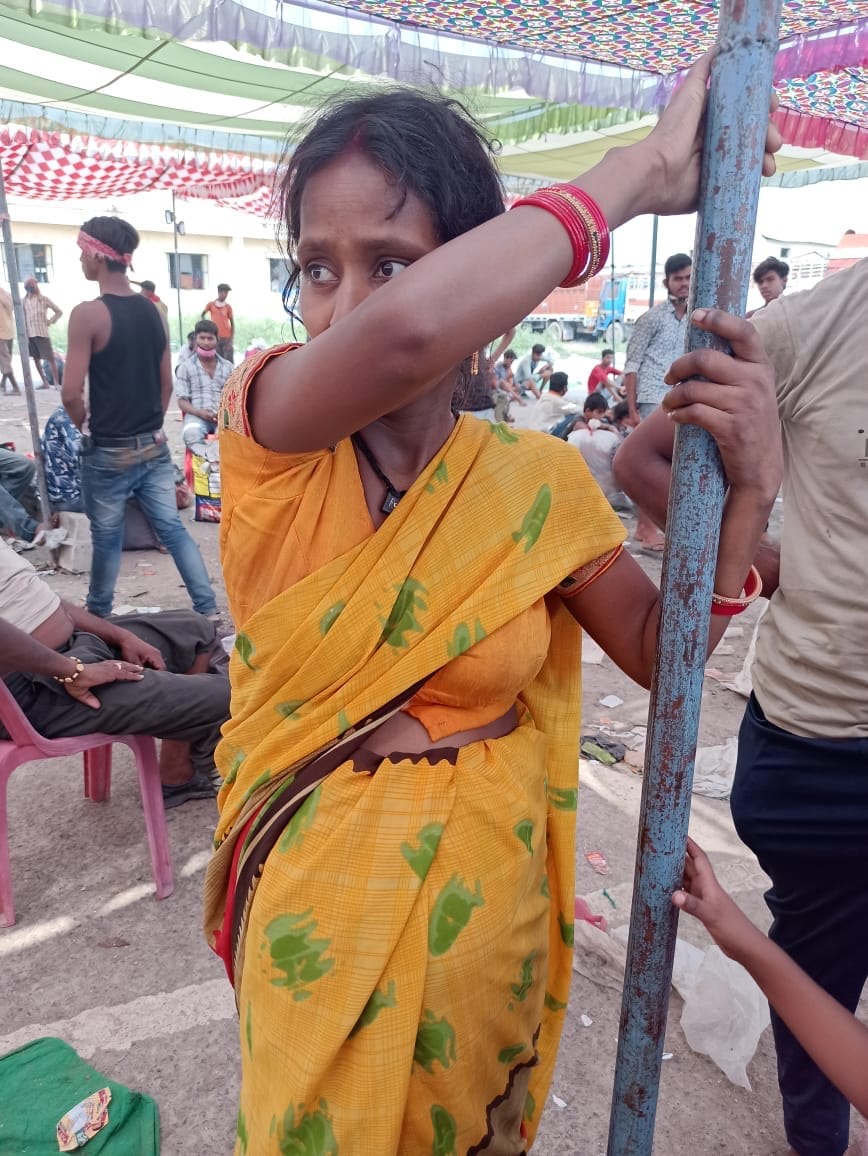
“She is extremely tired. We were travelling for four days and she may have her baby anytime now. The truck dropped us at the UP-Bihar border. We had asked for help from the police to drop Devi at the transit centre but they refused. She finally had to walk with us for 10 km. All our children are very small, the youngest being six months old,” said one of her relatives.
An ambulance was arranged by late afternoon after ThePrint’s reporters informed Gopalganj Superintendent of Police Manoj Kumar Tiwari about her condition. Devi delivered a girl child at the District Sadar Hospital around 5.45 pm Thursday.
But before that, doctors had refused to admit her over suspicion that she might have Covid-19.
Also read: These UP, Bihar migrants have opted to ‘sleep hungry with family’ than die alone in cities
‘No medical help over Covid suspicion’
While Devi’s family members alleged that the authorities failed to provide medical help, Gopalganj District Magistrate (DM) Arshad Aziz said neither she nor any of her relatives had informed doctors and healthcare staff at the transit centre about her advanced pregnancy.
“They didn’t say anything even when the screening for Covid-19 was conducted. They should have informed us that she was in labour pain,” Aziz told ThePrint.
Devi’s husband Yadav later said doctors at the district hospital refused to admit her, claiming she was only eight months pregnant. Only after a senior district official ordered hospital authorities that the woman needs immediate treatment, and a senior doctor took control of the matter, that she was admitted.
Senior administrative officials, who didn’t wish to be named, confirmed to ThePrint that doctors at the facility were “scared” over Devi being a Covid-19 suspect.
One of the nurses at the hospital ThePrint spoke to, who didn’t wished to be identified, said her delivery should have taken place earlier. “Things could have gone wrong if Devi hadn’t been sent to the hospital immediately,” she said.
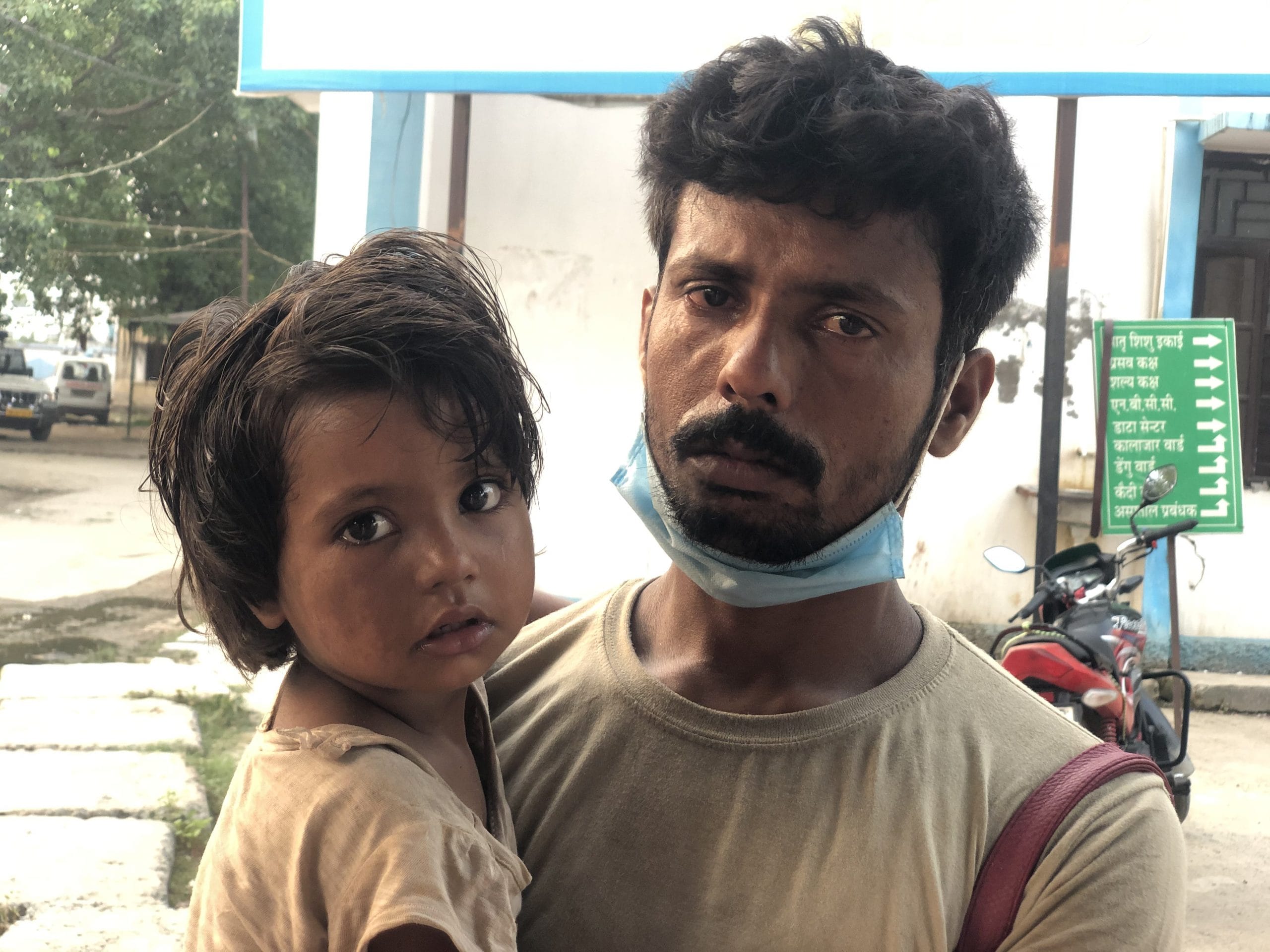
‘Unhygienic surroundings, no social distancing’
Yadav also alleged that authorities at the transit centre failed to maintain social distancing norms to curb spread of the virus.
“People are stepping over each other, trying to board buses home. The authorities have been putting people from different districts in one bus. This means, it will take six to eight hours more for every person to reach home,” he added.
DM Aziz, however, said the government was doing its best to implement social distancing norms. “We have drawn circles at the entire transit centre but one needs to also understand that we are witnessing a rush of as many as 20,000-25,000 people at a time. There are only two such points in Bihar where influx of people is very high — Gopalganj and Kaimur,” he said.
Aziz also explained that there was only one transit centre for every four-five districts in Bihar. “People who have to go further from one district are made to board a bus to another centre from where they can board buses to different areas arranged by the district authorities.”
He also said food packets were being provided to the migrant workers as soon as they reach. “We have a community kitchen that manages the cooking and packaging,” he added.
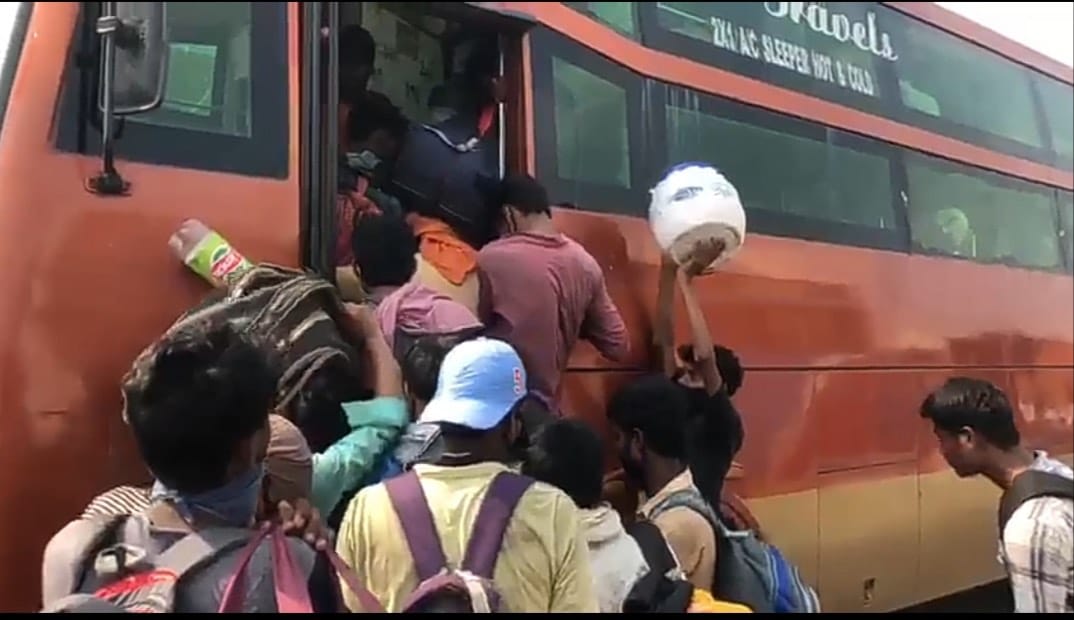
ThePrint, however, witnessed garbage dumps, with plastic bags and water bottles, littered in the area.
Some of the migrants said they feared getting sick due to the unhygienic conditions. “The garbage here stinks. We can fall sick too, but nobody seems to care about our health because we are poor,” said Shaukat, who had travelled on foot from Rajasthan to Gopalganj for seven days, before being able to board a truck.
Aziz, however, said the area was cleaned every two hours. “We have a system that looks after maintaining hygiene here but with such a huge influx of people, sometimes things go haywire. Every hour, the garbage dump gets filled. Some of the officials and I visit the transit centre for two hours daily to take cognisance of the situation on ground. Police personnel are also deployed in the area to maintain discipline.”
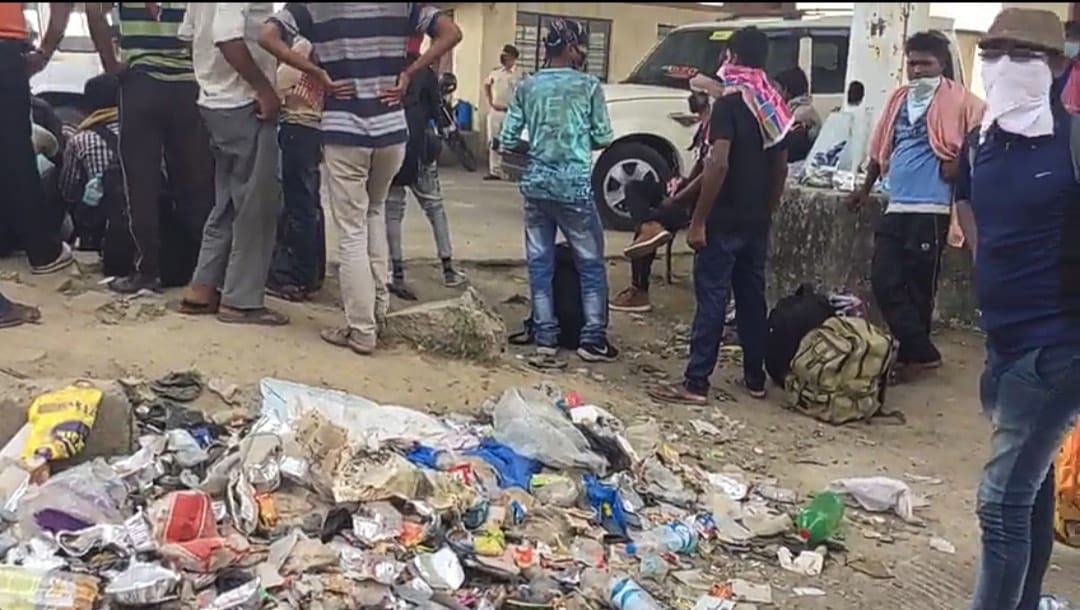
Flak for Nitish Kumar
Devi’s family blamed the Nitish Kumar government for mismanagement and putting them through a brutal journey. “The government is insensitive. If it cared for people like us, it would have been more efficient in handling all of this,” said Devi’s relative quoted above.
The family also said they tried to book tickets online for a Shramik Express train but by the time they logged into the portal, it had closed.
“The Nitish Kumar-government is responsible for our plight. The chief minister is a hypocrite who only cares about sitting on his chair comfortably. Both Narendra Modi and Nitish have deceived us through their alliance,” Yadav said.
Also read: Remote, isolated and flood-prone, UP’s Sitapur villages have bigger worries than coronavirus



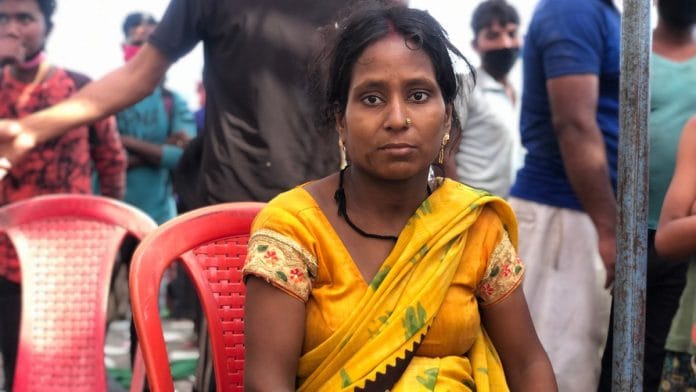



Load of rubbish. A birth cannot wait.
Wait what L
Even in the western world babies are born at home
When you see this huge swathes of poverty and depraved people you realise how a corrupt nexus of ” politicians, journalist and jhollawallas who were mostly anti HINDU activist and religious fundamentalist ” have not taken any measures to control population of all or are not even suggesting the same in their column. This only shows them for what they really are.